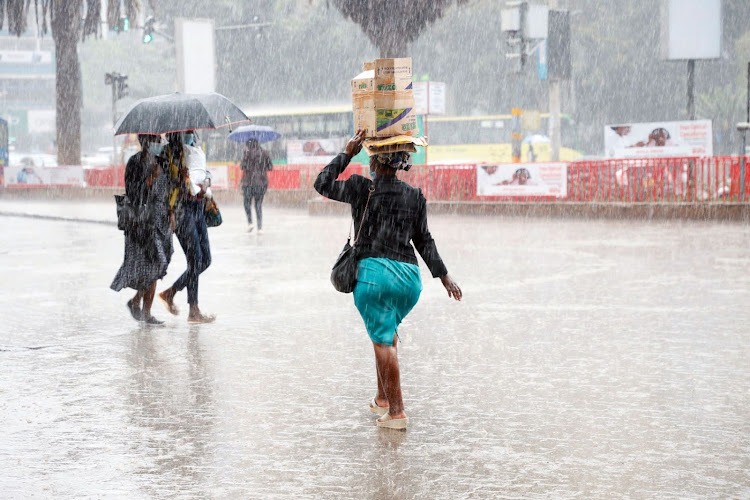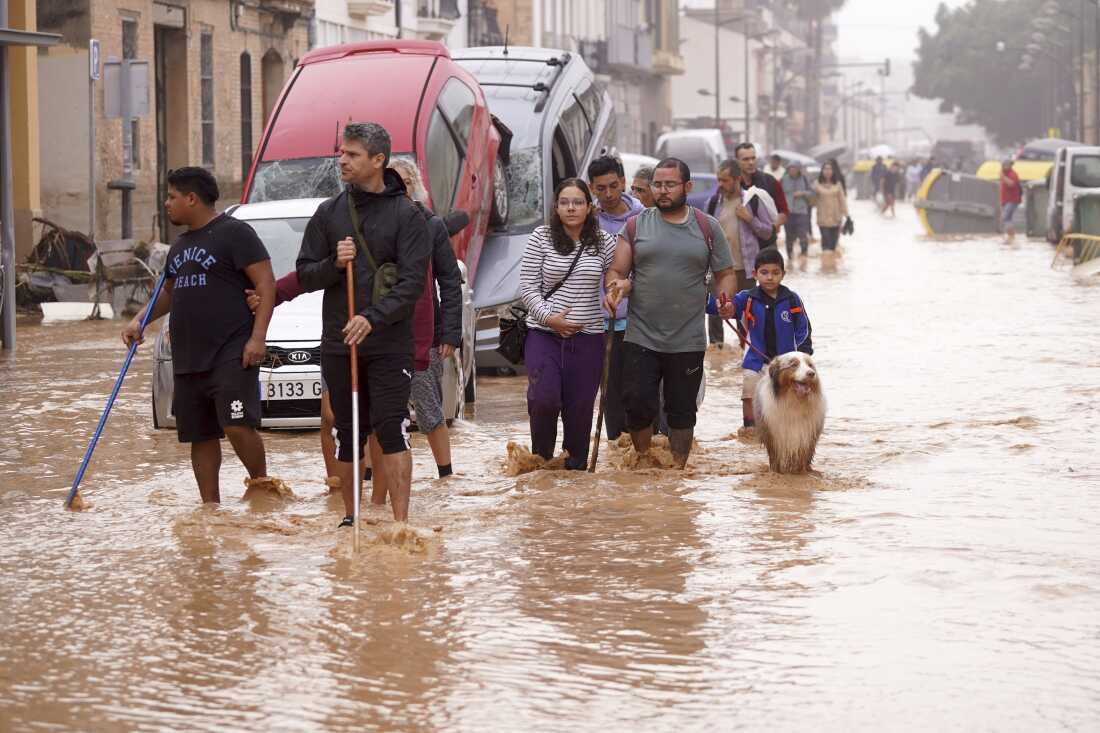- Examples of successful regional initiatives include collaborative efforts among cities to reduce carbon emissions, regional renewable energy projects, and localized adaptation strategies in climate-vulnerable areas.
A recent report from the United Nations Framework Convention on Climate Change (UNFCCC) emphasizes the growing significance of regional strategies in addressing the climate crisis. As global efforts to combat climate change continue, local and regional initiatives are emerging as essential components of a comprehensive response, reflecting the unique needs, strengths, and challenges of different areas.
The report highlights several advantages of regional solutions, including the ability to tailor policies and initiatives to the specific environmental, social, and economic contexts of individual regions. This localized approach allows communities to adapt more effectively to their distinct climate challenges while leveraging local resources and expertise.
“Climate change impacts are not uniform across the globe; they vary greatly depending on geography, socio-economic factors, and local ecosystems,” the report states. “As a result, regional solutions are increasingly recognized as a vital part of the global strategy to build resilience and reduce emissions.”
Successful regional initiatives cited in the report include collaborative efforts among cities to lower carbon emissions, regional renewable energy projects, and localized adaptation strategies in climate-vulnerable areas. These regional solutions not only address immediate environmental concerns but also promote social and economic development in the targeted communities.
One of the key recommendations from the UNFCCC is for governments and organizations to enhance support for regional climate projects through funding, policy frameworks, and capacity-building initiatives. By establishing a solid foundation for regional action, the global community can more effectively mobilize resources and expertise to tackle the climate crisis on multiple fronts.
Read More
As the UN Climate Change Conference approaches, the report underscores that regional initiatives are indispensable to achieving global climate goals. The UNFCCC calls for a concerted effort to bridge the gap between national policies and local action, ensuring that regional solutions receive the attention and resources necessary to thrive in the fight against climate change.




